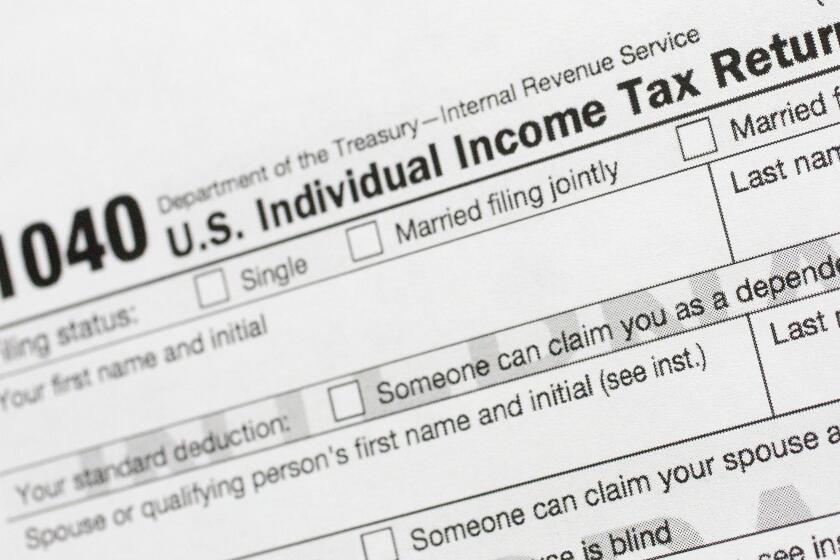Many Americans are confused by 401(k) retirement plans

Americans rely heavily on 401(k)s to fund their hoped-for retirements, but many people find the plans bewildering and aren’t sure they’re making the right investment choices.
That’s the upshot of a new survey by Charles Schwab Corp., which found that people know they need 401(k)s even if they aren’t always sure what to do with them.
Nearly half of people surveyed said they don’t know if they’re making wise investment decisions, while more than one-third reported feeling a lot of stress over it.
The befuddlement runs so deep that more people say they’re confused by their 401(k)s than by their health plans. Yes, people apparently find it easier to understand why their health insurer refused to pay a bill than whether they should own a certain stock or bond fund.
Quiz: How well do you understand the Fed stimulus?
The findings come despite the efforts of financial companies in recent years to make it easier for neophytes to understand 401(k)s. That includes the increasing ubiquity of so-called target-date mutual funds that automatically select investments based on a participant’s age and expected retirement date.
More than six in 10 people surveyed expressed a desire for employers to offer personalized 401(k) advice. In addition to financial guidance, that also could provide an emotional backstop for jittery investors during market downturns.
But advice services raise their own thorny issues, including concerns about potential conflicts of interest.
A 2011 study by the Government Accountability Office warned that 401(k) education programs often may be sales pitches in which providers recommend funds that yield the biggest profit for the firms themselves.
There’s no doubt that Americans depend on 401(k)s.
According to the survey, 61% of people say their 401(k) is their only or their largest source of retirement savings. And 55% say they have boosted their savings rate in the last two years.
ALSO:
Wealthy people are less likely to retire, report says
Retirees facing declining standard of living in old age, study says
Retirement: Many Americans say they can’t retire until their 70s or 80s
Follow Walter Hamilton on Twitter @LATwalter
More to Read
Inside the business of entertainment
The Wide Shot brings you news, analysis and insights on everything from streaming wars to production — and what it all means for the future.
You may occasionally receive promotional content from the Los Angeles Times.










